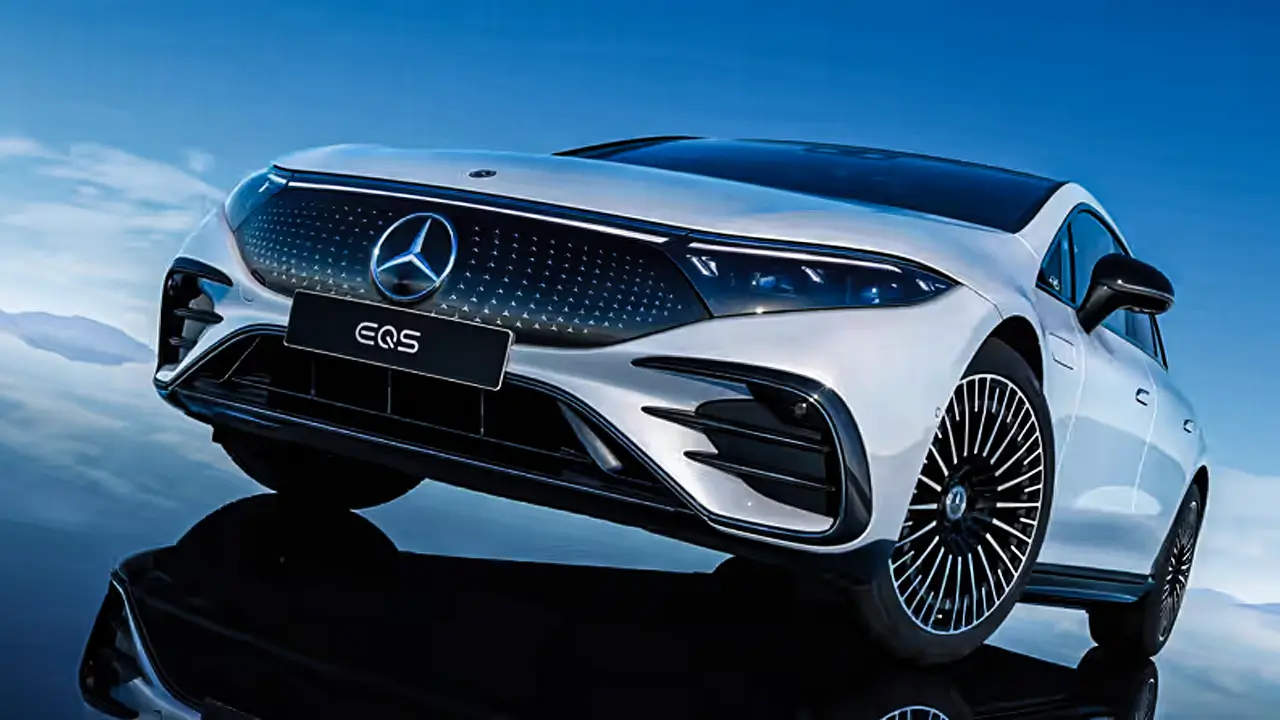The automotive world is in the midst of a significant change the catalyst for which is the Emergent electric vehicle market. A market that was once seen as niche is becoming a future of transport. Technological improvement the environment issue and government policy are three elements that led to a major change in the automobile industry in the form of electric cars. Whether lowering carbon footprint or redefining supply chain EVs are reinventing mobility for the 21st century.
Environmental Impact Leading the Green Revolution
One of the biggest reasons electric cars are reshaping the industry is their environmental benefits. Unlike traditional internal combustion engine vehicles that rely on fossil fuel EVs run on electricity significantly reducing greenhouse gas emissions. Many countries are aggressively promoting EV adoption to combat climate change and lower air pollution in urban areas.
And as renewable energy sources like solar and wind power grow in prevalence the carbon footprint associated with electric vehicles is shrinking too. That transition is key to meeting global sustainability targets and decreasing dependence on non-renewable energy.
Declining Costs and Improved Battery Technology
The high cost of batteries has long been a major barrier to EV adoption. Indeed the price of batteries has been decreasing consistently due to rapid advances in lithium technology. Pioneering battery innovations by the likes of Tesla BYD and CATL have resulted in high energy density longer driving ranges and lower costs.
Emerging battery chemistries like solid-state batteries are also being developed with the potential for even greater efficiency and safety. And owing to this electric cars are progressively gaining a competitive price tag compared to gasoline cars making them more accessible to the common man.
Automotive Industry Shift, Legacy Carmakers Join the Revolution
For a while, the main EVs were spearheaded by companies like Tesla which changed the game with its sleek electric models. But now EVs are firmly in the hands of legacy automakers like Ford, General Motors, Volkswagen, and Toyota. They are spending billions on research and development to introduce new electric models eliminate gasoline-powered vehicles and establish EVs. production facilities. Volkswagen wants to be the world’s largest manufacturer of electric vehicles whereas General Motors intends to shift completely to electric by 2035. The transition to electric mobility is prompting automakers to reconsider their approaches to novel business models and compete in a fast-changing marketplace.
Infrastructure development, Increased charging networks
Charging infrastructure among other things is a big part of the growth of electric vehicles. Back in the day, there were very few charging stations and range anxiety was a major concern. However, governments and private companies have been investing heavily in enlarging charging networks. Fast charging stations like the Tesla Supercharger network and the Electrify America network are making long-distance travel in EVs more feasible. Emerging wireless charging and ultra-fasting charging technologies are improving convenience even more. The more charging infrastructure that is provided the more EVs will be adopted.
New Business Models, Mobility as a Service
Electric vehicles are also driving emerging mobility trends around car-sharing ride-hailing and driverless driving. Companies such as Uber, Left, and Waymo are adding electric cars to their fleets to save on operating costs and carbon emissions. Besides, autonomous electric vehicles are predicted to transform the transport sector by driving costs down and enhancing the efficiency of mobility services. As self-driving technologies advance further AI/VEs can form a radically different ecosystem for urban mobility.
- Nearly 30% of UK Drivers Believe Car Tax Should Be Based on Mileage — Survey
- Why Planes and Boats Escaped the Luxury Tax But Cars Didn’t
- Australia’s Headlight Confusion: Authorities Warn Drivers After Viral $250 Headlight Rule Goes Wild Online
- 2025 Hyundai Venue Facelift Launched in India – Full Details, Variants, and Price
- Royal Enfield Bullet 650 Unveiled at EICMA 2025: A Classic Legend Returns
Conclusion
Electric vehicles are the future of the automobile industry and not a passing trend. With advances in battery technology a falling price per kilowatt hour and a proliferation of charging networks, EVs are poised to take over the roads. What to Know Automakers, Role in driving the transition towards governments a cleaner transportation system.
